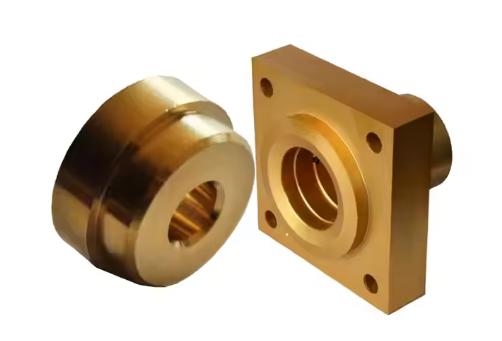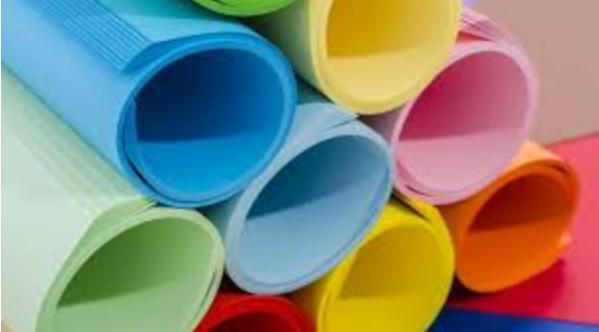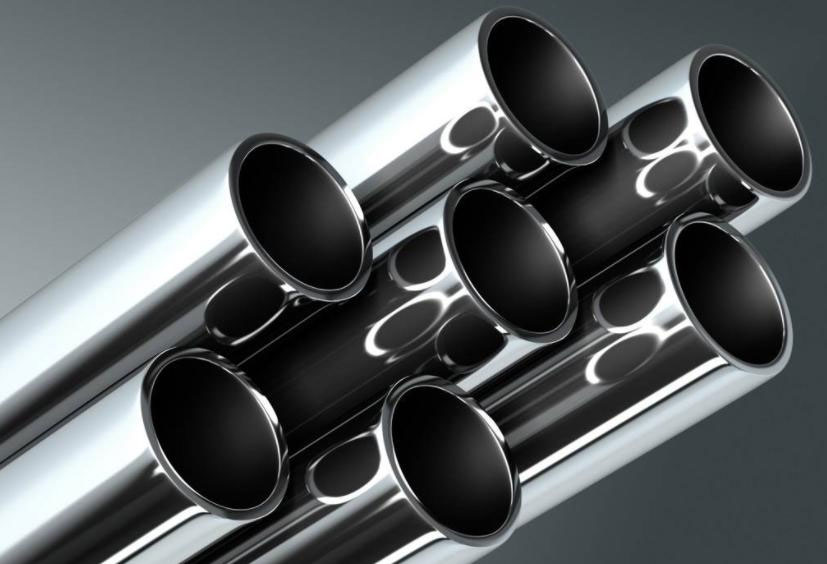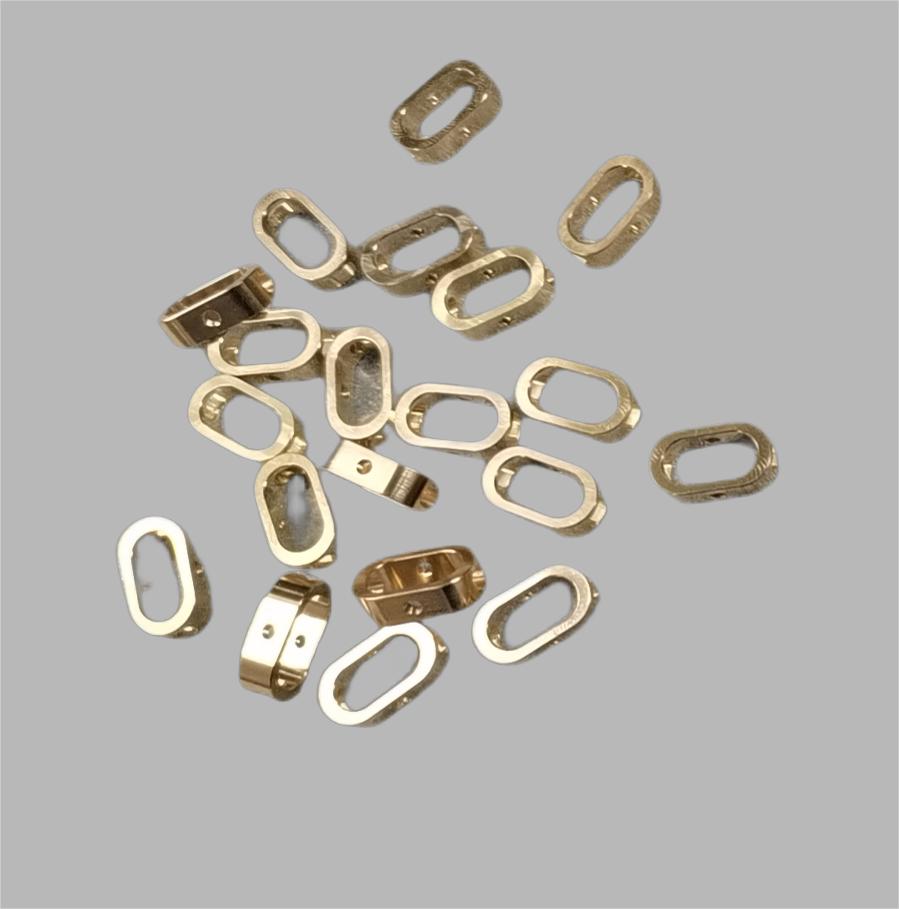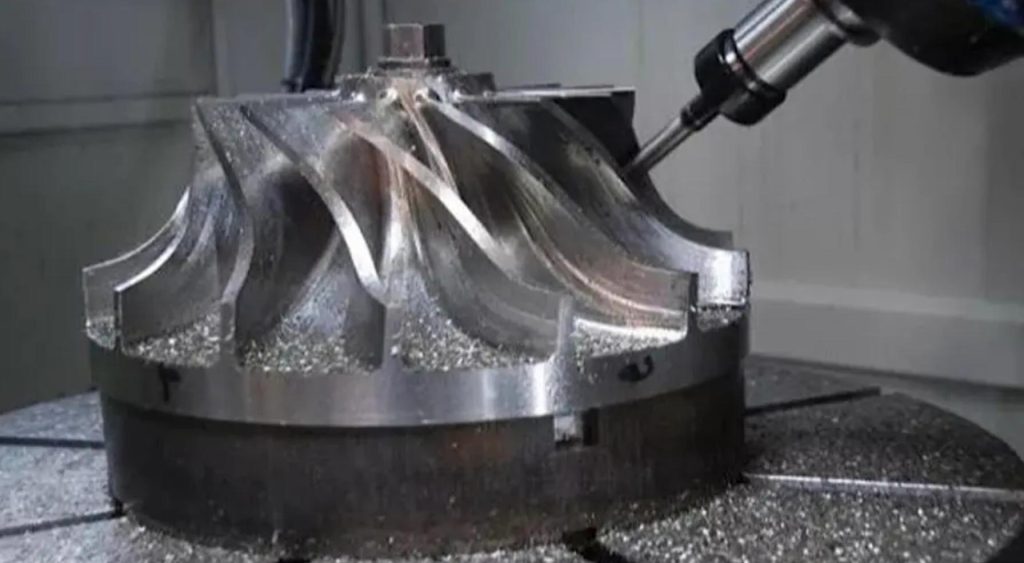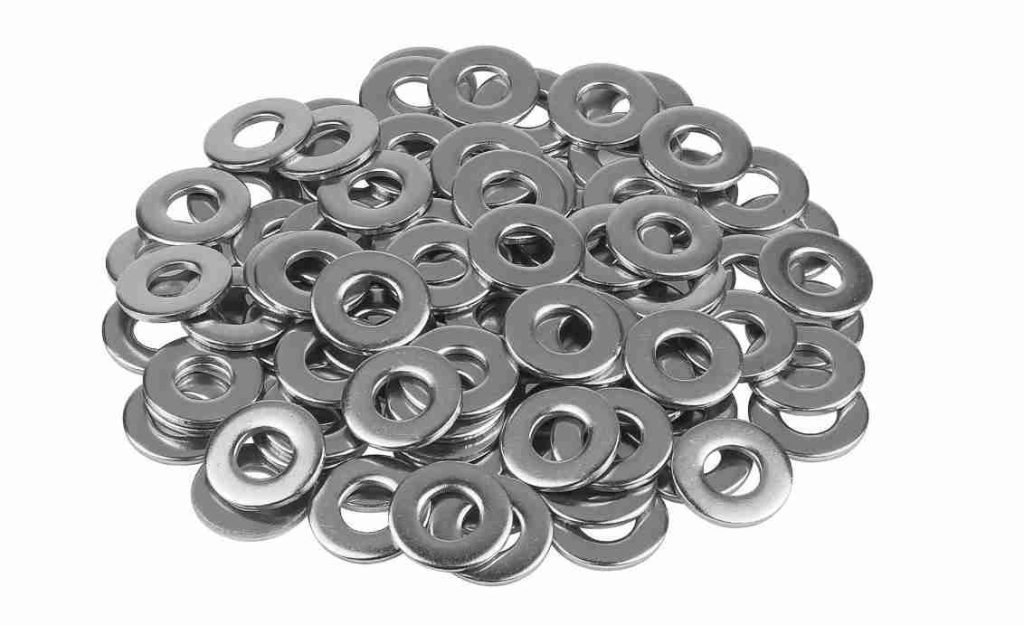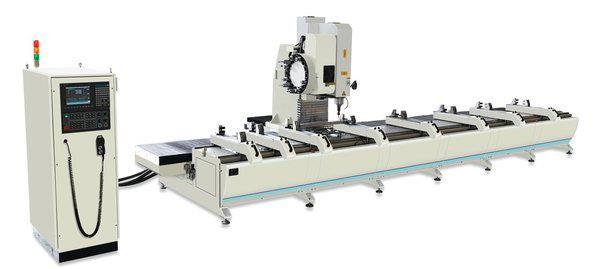CNC machining relies on precision materials, and aluminum alloys are a top choice. For intricate components, CNC machining with aluminum alloys is a winning combination. Aluminum alloys streamline CNC machining, delivering high-quality parts quickly. There is a guide provided by CNC machining supplier JTR the numerous advantages of aluminum for CNC machining, explores the various types of aluminum alloys commonly used, and highlights the key factors to consider when selecting the ideal alloy for specific applications.
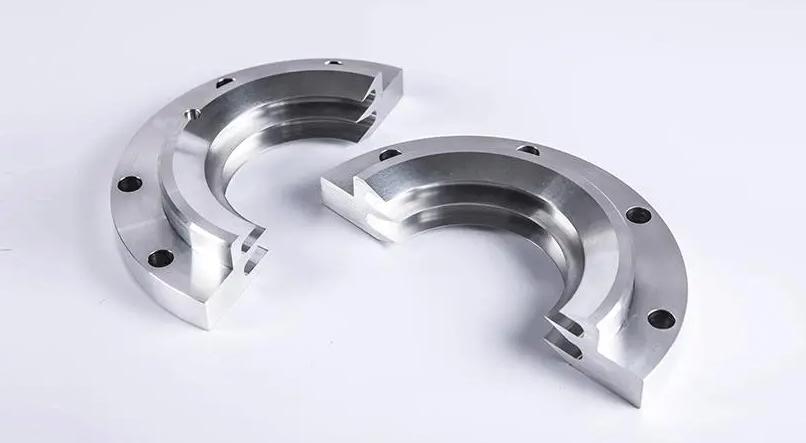
What Are the Advantages of Aluminum for CNC Machining Parts?
Fast machining speed
- Aluminum is relatively soft and easy to cut compared to other metals, making it ideal for high-speed CNC machining.
- The lower cutting forces required for aluminum reduce tool wear and increase machine efficiency.
- Shorter machining times lead to reduced production costs and faster turnaround times.
High strength-to-weight ratio
- Aluminum alloys offer a good balance of strength and lightweight properties, making them suitable for applications where weight reduction is critical.
- This is particularly advantageous in industries such as aerospace, automotive, and consumer electronics.
- Lighter components can reduce energy consumption and improve overall performance.
Wide range of alloys and material properties
- A vast array of aluminum alloys are available, each with unique properties tailored to specific applications.
- From high-strength alloys for structural components to heat-treatable alloys for demanding environments, there’s an aluminum alloy to meet most engineering requirements.
- This versatility allows for optimal material selection based on factors such as strength, corrosion resistance, and machinability.
Good corrosion resistance
- Aluminum naturally forms a protective oxide layer that resists corrosion, making it suitable for outdoor applications and environments with exposure to moisture or chemicals.
- This corrosion resistance reduces maintenance costs and extends the lifespan of aluminum components.
- Anodizing and other surface treatments can further enhance corrosion resistance.
High electrical conductivity
- Aluminum is an excellent conductor of electricity, making it a preferred material for electrical components such as heat sinks, busbars, and electrical enclosures.
- This property is valuable in electronics and electrical engineering applications.
- Aluminum’s high conductivity also contributes to efficient heat dissipation.
Recyclable
- Aluminum is infinitely recyclable, requiring significantly less energy to recycle than to produce primary aluminum.
- Recycling aluminum reduces the demand for virgin materials and minimizes environmental impact.
- The closed-loop nature of aluminum recycling makes it a sustainable choice for manufacturing.
Aluminum is a versatile and widely used material for CNC machining due to its excellent combination of properties. Its fast machining speed, high strength-to-weight ratio, wide range of alloys, corrosion resistance, electrical conductivity, and recyclability make it a preferred choice for many industries. By understanding these advantages, engineers and manufacturers can make informed decisions about when to use aluminum in their CNC machining projects.
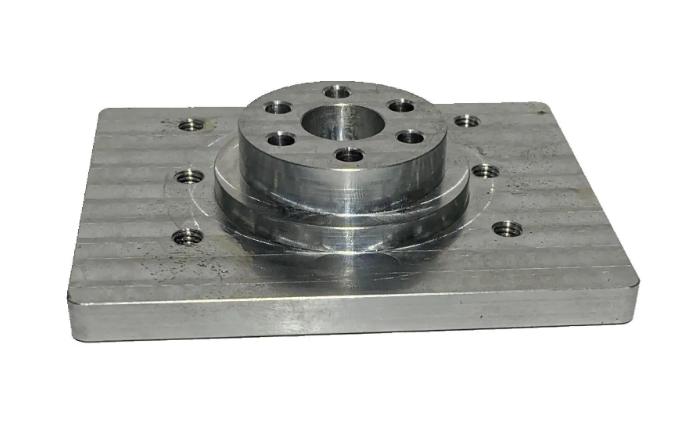
What Types of Aluminum Are Used in CNC Machining?
When it comes to CNC machining, aluminum alloys, rather than pure aluminum, are the preferred materials due to their enhanced properties. These alloys offer a wide range of characteristics, making them suitable for various applications. Three main categories of aluminum alloys commonly used in CNC machining:
Casting aluminum alloys
- These alloys are designed for casting processes, such as sand casting or die casting.
- They often have lower strength compared to wrought alloys but offer excellent fluidity and fill-ability, making them suitable for complex shapes and large components.
- Common examples include alloys in the 3000 and 4000 series.
- Applications: Automotive components, engine blocks, housings, and architectural elements.
Aluminum-lithium (Al-Li) alloys
- These alloys combine the lightness of aluminum with the stiffness of lithium, resulting in high strength-to-weight ratios.
- They are commonly used in aerospace applications due to their excellent weight-saving properties.
- Al-Li alloys also offer good corrosion resistance and fatigue strength.
- Applications: Aircraft components, spacecraft structures, and high-performance automotive parts.
Wrought aluminum alloys
- Wrought alloys are produced through processes such as rolling, extrusion, and forging.
- They offer a wide range of properties, from high strength to excellent machinability.
- Common series include 2000, 6000, and 7000.
- Applications: Automotive components, electronic enclosures, heat sinks, and structural parts.
Specific examples of wrought alloys and their characteristics:
- 2000 series: High strength alloys, often used for aircraft components and structural applications.
- 6000 series: Versatile alloys with good machinability and corrosion resistance, widely used in general engineering applications.
- 7000 series: High-strength alloys with excellent fatigue resistance, commonly used in aerospace and defense applications.
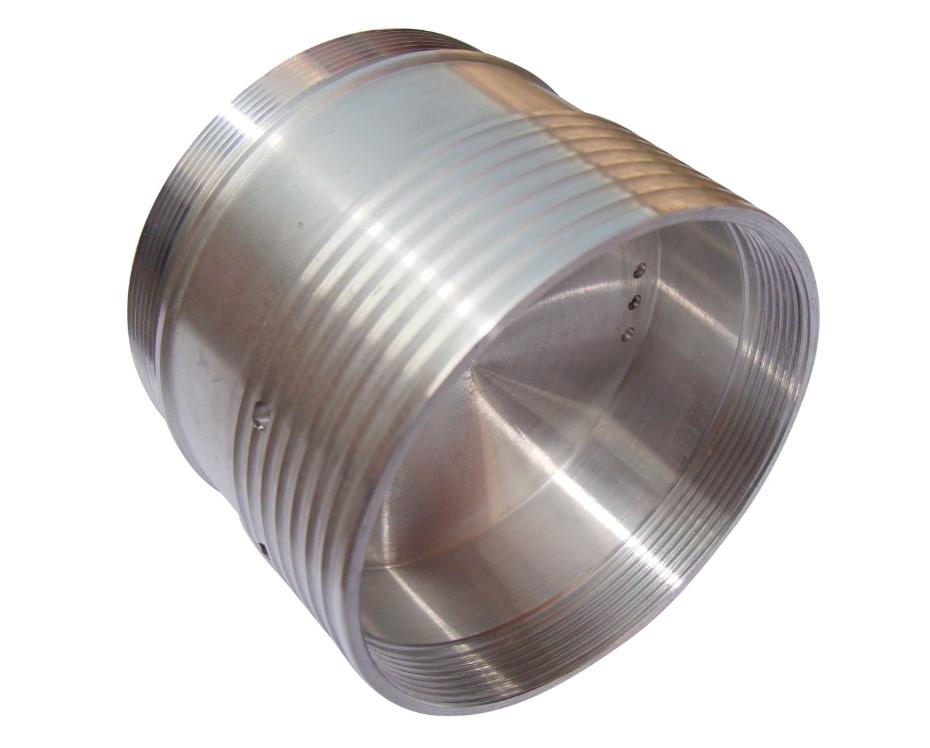
Key Factors Influencing the Choice of Aluminum Alloy for CNC Machining
When selecting an aluminum alloy for CNC machining, several key factors must be carefully considered to ensure optimal performance and cost-effectiveness. These factors include:
1. Strength Requirements
- Static strength: The ability of the alloy to withstand loads without permanent deformation. This is crucial for components that experience steady loads, such as structural parts or machinery frames.
- Yield strength: The point at which the material begins to deform plastically. This is essential for applications where the component must maintain its shape under stress, such as pressure vessels or aircraft parts.
- Tensile strength: The maximum stress an alloy can withstand before breaking. This is important for components that are subjected to high loads, such as structural members or fasteners.
2. Corrosion Resistance
- Environment: The operating environment determines the level of corrosion resistance required. Alloys that are resistant to specific elements, such as saltwater, acids, or alkalis, may be necessary.
- Surface treatments: Coatings or anodizing can enhance corrosion resistance, but they may add to the overall cost.
- Alloy composition: Certain alloying elements can improve corrosion resistance, such as magnesium, silicon, and copper.
3. Machinability
- Cutting tool life: The alloy’s machinability affects the lifespan of cutting tools, which can impact production costs.
- Surface finish: The desired surface finish can influence the choice of alloy. Some alloys are easier to machine to a high finish than others.
- Machining techniques: The specific machining processes to be used, such as milling, drilling, or turning, may also impact the alloy selection.
4. Cost
- Alloy price: The cost of the alloy itself varies depending on its composition and availability.
- Machining costs: The alloy’s machinability can affect machining times and tool costs, influencing the overall production cost.
- Post-processing costs: Additional costs may be incurred for surface treatments, heat treatment, or other finishing processes.
5. Specific Properties
- Thermal conductivity: For applications involving heat transfer, such as heat sinks or radiators, high thermal conductivity is essential.
- Electrical conductivity: For electrical components, such as busbars or connectors, good electrical conductivity is required.
- Weldability: If welding is necessary, the alloy must be weldable without compromising its mechanical properties or causing cracking.
- Fatigue resistance: For components subjected to cyclic loading, fatigue resistance is crucial to prevent failure.
- Formability: For components that require forming or bending, the alloy must be formable without cracking or tearing.
By carefully considering these factors, engineers can select the most suitable aluminum alloy for their CNC machining projects, ensuring optimal performance, durability, and cost-effectiveness.
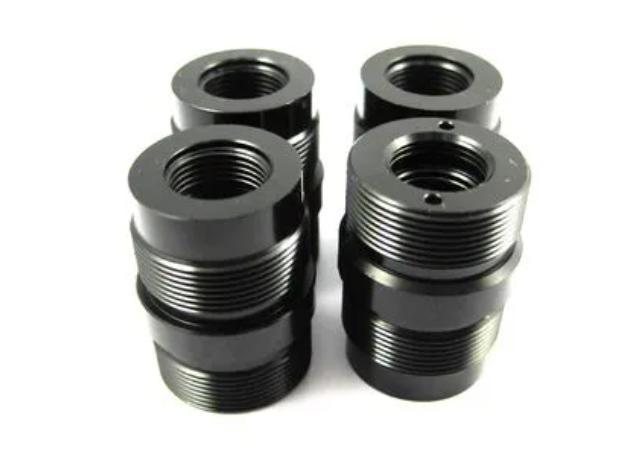
Why Aluminum Alloys Excel in CNC Machining
Aluminum alloys offer a compelling combination of properties that make them ideal for CNC machining. Their fast machining speed, high strength-to-weight ratio, versatility, corrosion resistance, electrical conductivity, and recyclability make them a preferred choice for a wide range of industries, by carefully considering factors such as strength requirements, corrosion resistance, machinability, cost, and specific properties, while choosing the professional CNC machining supplier to select the most suitable aluminum alloy to meet your precise needs and achieve optimal results in their CNC machining processes.


